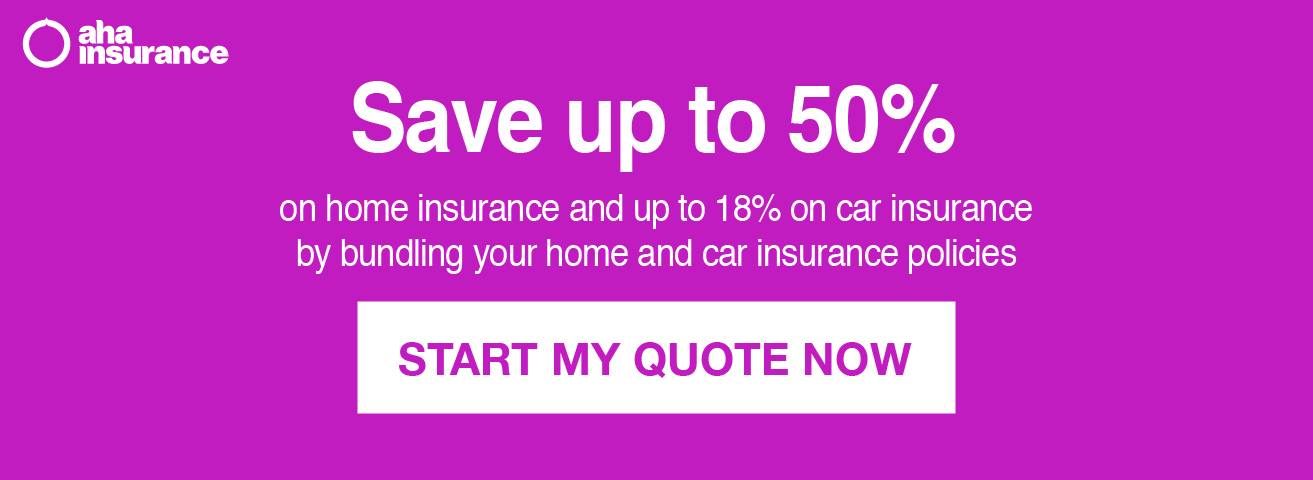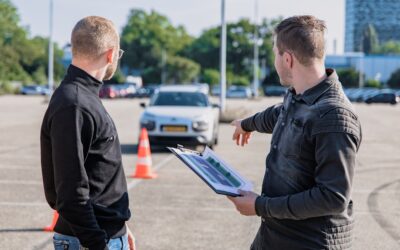There are roughly 215,000 motor vehicle accidents each year in the province, according to the 2018 Ontario Road Safety Annual Report. Thankfully, the vast majority of these car accidents are minor, and nobody is hurt. But what do you do after a car accident in Ontario? In this post, we will explore how to respond, what information to collect and what to do after a car accident.
Frequently Asked Questions
What to do after a car accident in Ontario?
The first thing you need to do following even the most minor of accidents is stop your car. Failure to stop your vehicle and remain at the scene immediately afterwards can result in a criminal charge for the driver.
Second, find out if anyone has been hurt in the accident. This includes anyone in your vehicle or in the other cars involved as well as pedestrians. If anyone is hurt, call 911. Don’t try to move the injured person.
Call the police if you think that the total damage caused by the accident exceeds $2,000 or if you think any of the drivers involved are guilty of a criminal offence such as street racing or driving while under the influence.
If it is safe to do so, take photos of the accident from various angles using your phone camera.
If possible, move the vehicles to the side of the road as you collect information from the other driver. This is a courtesy to other drivers on the road and will not affect your insurance claim.
If there were no injuries and the amount of damage appears to be less than $2,000, you will need to take the information you collect at the scene to a regional Collision Reporting Centre within 24-hours.
What do you need from the other driver involved in an auto accident?
It is necessary for you to collect information from everyone involved in the accident, including other drivers, pedestrians and if possible, the owners of any damaged property such as broken fences, trees, etc.
Here’s what you need to collect from the other driver(s):
Personal information
- Full name
- Address
- Phone number
- Driver’s licence number
Motor vehicle information
- Make, model and year
- Vehicle plate number
- Registered owner of the vehicle
- Address of registered owner of the vehicle
Insurance information
- Insurance company
- Insurance policy number
- Date of expiry
Passengers & others
- Name of passengers in all vehicles & their contact information
- Name and contact information of any witnesses
- Address where the accident took place (if known)
We also suggest you make note of any damage to other vehicles or property to help you remember the details clearly. Also, make note of any injuries and to whom.
You can print this accident worksheet and keep it in your vehicle to remind yourself of the information to collect after an accident.
If you are able, draw a rough sketch of the accident scene and the vehicles involved. This can help explain the details of the accident to your insurance company.
If a tow truck takes your car to a third-party compound or body shop, be sure to collect information on the driver, compound name and location to make it easy to find.
What do you need to give your insurance company after a car accident?
The good news is that if you collected all the information above, reporting the claim to your insurance company should be easy. They will ask for all the information above as well as a copy of the police report or collision reporting centre report. They will also ask you to describe how the accident occurred in your own words.
Every insurance claim is settled a little differently, but usually, a claims adjuster will examine the vehicle, identify what needs to be repaired and determine how best to proceed.
Will my insurance go up after a car accident?
Determining whether your car insurance will go up after an accident is difficult because there are many factors involved in your insurance premium.
First the good news. If the damage to your vehicle is less than $2,000 and there are no injuries, the Insurance Act prevents any increase to your insurance rates. Your rate will also not increase if you were deemed to be not at fault for the accident. It’s important to note that even if you are not at fault, you might lose a “no claims” discount if one applies to your policy and you make a claim.
Unfortunately, if you are considered responsible for the accident according to the Ontario Fault Determination Rules, you may see a premium increase of up to 10% for your first accident and 20% if you have experienced two claims.
Even if you’re at fault for the accident, there is still some hope. If your policy includes an “Accident Forgiveness” endorsement and you have a driving record free of any major Highway Safety Act violations, you may not see any increase at all. There are conditions on who can buy this endorsement and when it applies, so be sure to speak to an insurance professional for more details.
When do you need to report an accident in Ontario?
In Ontario, every vehicle accident must either be:
- a) Reported to the police if the damage appears to exceed $2,000 or if there are any injuries.
- b) Reported to a regional Collision Reporting Centre if the damage is less than $2,000 and there are no injuries.
According to the Ontario Highway Traffic Act, failure to report the accident can be considered leaving the scene of a car accident and you may be subject to a fine, licence suspension or even a jail sentence.
What happens if you don’t report a car accident even if it’s a minor accident?
In addition to the criminal charges above, there are several other reasons why you may want to report even the most minor of accidents.
The most common reason is that, even if the driver on the scene agrees to some sort of deal, there is nothing preventing them from reporting the claim to their insurance company sometime in the future. If this happens their insurance company will contact your company and depending on the circumstances, they may decide to cancel your policy due to a breach of the contract.
Personal injury, especially soft tissue injuries such as whiplash, may take some time to appear and could make what appeared to be a minor accident much more serious. These types of claims are difficult to settle without all the proper documentation.
Less common, but more dangerous is the fact that the other driver may file a police report regardless of a deal, opening the door for a police officer to charge you with failure to remain at the scene of an accident.
Nobody ever wants to experience a car accident but knowing what to do after a car accident in Ontario can make the process less imposing and easier for all involved.







